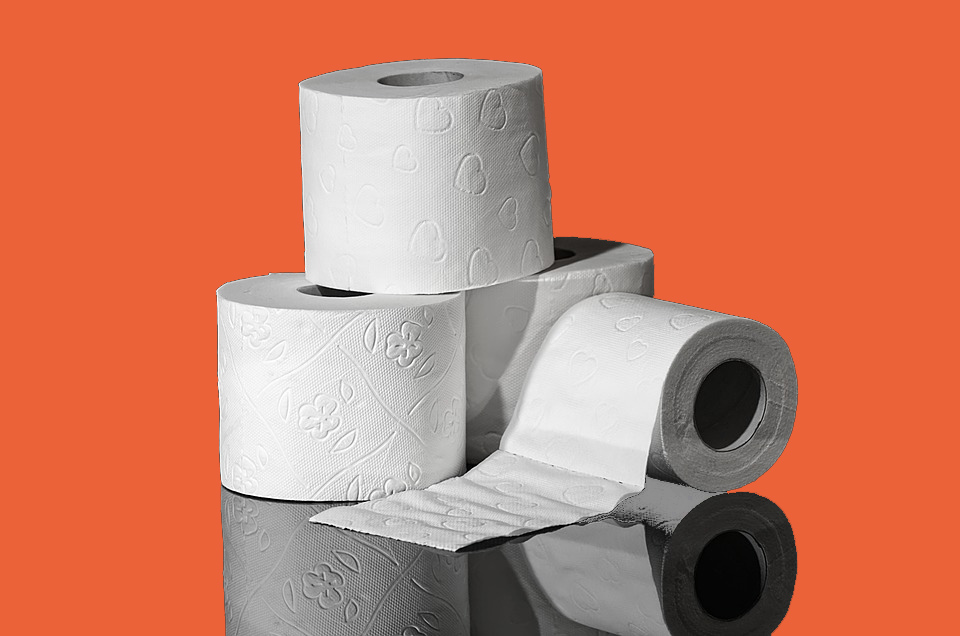Yes, Amazon Makes Its Own Toilet Paper (And Hundreds of Other Products)!
Amazon sold more than 3 billion products in 2018 alone — that’s nearly one product for every two people on the planet [1]. With more than 300 million regular customers, Amazon is the world’s most popular marketplace.
Retailers know the score by now. They can sell their stuff on the platform, and Amazon takes a cut. It can be tough sometimes, though. Amazon boasts millions of retailers who are competing for customers.
But these retailers might be unaware that Amazon itself is one of their biggest competitors.
Amazon, like other big retailers, often uses something called private labeling. Basically, they manufacture products and sell them under a different brand or name. They are not the only ones doing this, of course, but why do they do it? And could private labeling benefit other businesses, too?
First up, here are some Amazon-owned private label brands that retailers need to know about:
1. Presto
People are often surprised to hear that Presto toilet paper is made and manufactured by Amazon. In fact, Presto is Amazon’s household and cleaning range — they make toilet paper, paper towels, kitchen roll, and more.
Customers can also find other items under the Preso brand name, including griddles and waffle makers.
What gives?
Many companies use private label brands as a way to distance their products from their main brand image. These products tend to have higher margins than resale products, too, so retailers could make a significant profit.
“Supermarkets routinely use private labels to fetch strong profit margins that offset minimal gains on top industry brands with high costs of acquisition,” says AZ Central [2].
2. Suite Alice
Suite Alice is an Amazon-owned brand that specializes in women’s clothing, such as trousers, skirts, shirts, and dresses. Available in a wide range of styles and sizes, these mid-range items are popular on the Amazon platform.
Private label products like these let companies create their own branding opportunities, which can increase customer recognition. Retailers can hire a third-party to create these products for them and then sell these items on their online store.
“Manufacturers who offer private label branding must be able to tailor the packaging and labels the way the owner specified it. It includes the product name, description, company’s logo, and contact information,” says Got Shades [3].
3. Lark & Ro
Lark & Ro is another clothing brand owned by Amazon. Featuring sweaters, tops, and pants, this private label brand even has its own store page and Facebook profile. On both, there’s little mention of Amazon itself. Lark & Ro almost seems like an independent or boutique fashion store.
Private label products can be a great way to generate income if a business has a poor reputation. Perhaps a retailer has negative feedback on online review websites and is stuck in a sales slump. Private labeling can help them establish a new group of customers quickly.
Think Amazon just sells third-party products? Think again. This platform has more than 450 of its own brands, according to one study [4]. Some, like Amazon Essentials, are easy to identify. Others, like Presto and Lark & Ro, might surprise people. Why do Amazon (and other companies) do this? Private label products have high-profit margins and lets companies create separate branding and marketing identities.
Sources:
[1] https://www.scrapehero.com/how-many-products-does-amazon-sell-worldwide-october-2017
[2] https://yourbusiness.azcentral.com/advantages-private-label-branding-11338.html
[3] https://www.gotshades.com/blog/advantages-private-label-brands-retailers/
[4] https://www.digitalcommerce360.com/2019/01/14/how-many-private-label-brands-did-amazon-add-in-q4/







